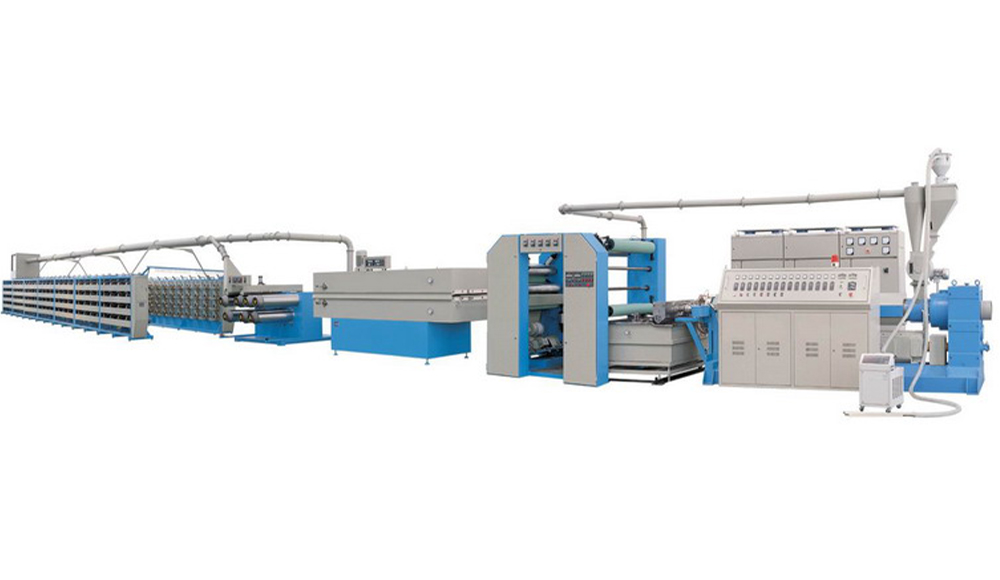


Plastic yarn extruders are essential in the production of various plastic products, playing a crucial role in shaping raw materials into usable forms. Proper maintenance is paramount to ensure these machines operate efficiently and reliably over their lifespan. This comprehensive guide explores essential maintenance techniques and best practices for plastic yarn extruders, aimed at maximizing productivity and minimizing downtime.
Plastic yarn extruders are specialized machines designed to extrude molten plastic through a die to create continuous lengths of plastic yarn or filaments. These extruded materials serve as the basis for a wide range of products, including woven fabrics, ropes, nets, and more. The extrusion process involves heating and pressurizing plastic resin or pellets to a molten state, which is then forced through a shaped die to form the desired profile.
Regular maintenance is crucial for plastic yarn extruders to ensure optimal performance and longevity. Neglecting maintenance can lead to reduced efficiency, increased energy consumption, higher operating costs, and potential breakdowns that disrupt production schedules. By implementing a structured maintenance program, operators can extend the equipment's lifespan and enhance overall operational reliability.
Routine inspection and cleaning are fundamental to preventing debris buildup and ensuring components operate smoothly. Operators should:
• Inspect heating elements, screws, and barrels for wear and tear.
• Clean die plates and filters to maintain consistent extrusion quality.
• Lubricate moving parts according to manufacturer guidelines to reduce friction and wear.
Accurate temperature control is critical for maintaining the consistency of extruded materials. Operators should:
• Regularly calibrate temperature sensors and controllers to ensure accuracy.
• Monitor heating and cooling systems to prevent overheating or underheating of the extruder components.
• Check and replace worn-out insulation materials to optimize heat retention and energy efficiency.
The screw and barrel assembly is the heart of the extrusion process. Proper maintenance includes:
• Periodic inspection for wear, corrosion, or damage to screw flights and barrel liners.
• Scheduled replacement of worn-out screws or barrels to maintain extrusion quality.
• Cleaning and purging procedures to remove residual materials and prevent contamination between resin changes.
Ensure the electrical and control systems are in good condition to prevent electrical failures and ensure operational safety:
• Verify the integrity of wiring, connectors, and insulation to prevent short circuits or electrical faults.
• Test safety interlocks and emergency stop systems to ensure they function correctly.
• Update control software and firmware as recommended by the manufacturer to access new features and improvements.
Develop a preventive maintenance schedule tailored to your specific production needs:
• Document maintenance activities, including dates, tasks performed, and observations made.
• Implement predictive maintenance techniques such as vibration analysis or thermography to identify potential issues before they escalate.
• Train operators on proper maintenance procedures and encourage a proactive approach to equipment care.
In conclusion, effective maintenance of plastic yarn extruders is essential for maximizing productivity, minimizing downtime, and extending equipment lifespan. By adhering to a structured maintenance program that includes daily inspections, temperature control, screw and barrel maintenance, electrical checks, and a proactive preventive maintenance schedule, operators can ensure their extrusion equipment operates at peak performance consistently.
2024-07-31
2024-07-26
2024-07-19
2024-07-12